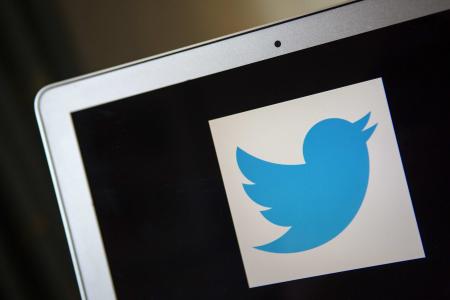Twitter helps authorities find sources of food poisoning
When Chicago health officials saw Twitter users complaining about local food poisoning episodes, they reached out on Twitter to those users and often ended up charging the restaurant in question with a violation.
“We know that the majority of cases of food borne outbreaks really never end up getting reported to the local health department anywhere in the country,” Dr Bechara Choucair told Reuters Health.
“We realized that people might not pick up the phone and call the doctor, but they might go to Twitter and complain to the world that they got food poisoning from eating out,” he said.
Dr Choucair and his colleagues in the Chicago Department of Public Health wondered if there was some innovative way for them to identify new cases of food borne outbreaks in Chicago that are regularly missed.
So they enlisted a technological collaborative group called Smart Chicago to help them.
“Smart Chicago collaborative helped us develop an app that literally sifts through hundreds of thousands of tweets every day that are coming from Chicago or linked to Chicago that might include a reference to a food borne illness,” Dr Choucair said.
The app, called Food borne Chicago, uses an algorithm to identify tweets that might be related to food poisoning symptoms in or near Chicago.
The app then responds to the person who sent the original tweet, saying, “That doesn’t sound good. Help us prevent this and report where you ate here,” and includes a link to an online form for reporting the details.
Food borne Chicago tweets as @foodbornechi.

Photo: Twitter
As Dr Choucair and his coauthors noted in a paper published by the US Centers for Disease Control and Prevention, the program was launched in March 2013.
During the first 10 months of the program, Food borne Chicago identified 270 tweets describing complaints of food poisoning.
A total of 193 complaints were then submitted through the website, which lead to unannounced health inspections at 133 restaurants.
About 16 percent of the restaurants reported through Food borne Chicago failed inspections and were closed.
“The overwhelming majority of people are really excited to know that their local government is listening and is actually taking their complaint seriously and acting on it,” Dr Choucair said.
Dr Choucair said his team would like to see this app utilised by other health departments across the country. - Reuters
Get The New Paper on your phone with the free TNP app. Download from the Apple App Store or Google Play Store now


